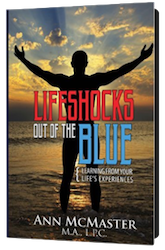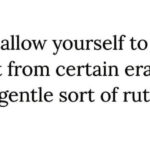Addictions – Part 5 – To Medicate or Not to Medicate?
I believe that medication for psychological (non-psychotic) issues masks the real problem. Meds quiet the symptoms, but leave the initiating problem still unresolved, while creating a potential host of drug-induced side effects, which require more drugs. In the meantime, the originating issue finds other outlets for expression … much like squeezing a bulb of air in a tube, the air bulb just moves down the tube, because it still hasn't been ex-pressed. In the meantime, the drug companies get richer, and patients get sicker. And believe me, I know there are exceptions, always.
I used to be a hard-liner about medication. Get A Grip/Handle Your Issues! I've mellowed with age. Now I believe in a two-prong approach. Go straight for the initiating problem (dare I say it always has a psychological component – oh, yes I do! – even if the psychological component is about a purely physical issue). The mind is so powerful, it can accomplish miraculous healing, and it can also maintain beliefs so twisted that a healthy body can be reduced to frailty and even death.
So while facing the fear, some people find it efficacious to use medication to alleviate the symptomology. It makes the transition easier. Then when they've crossed a critical juncture in their healing, they can begin to ease off the meds, until they are issue-free and drug-free.
That's the pretty picture. It doesn't always work that way. The drugs themselves can be addictive, as well as the attention garnered for being sick/incapable. So it seems to me that it is up to us to free ourselves of our addictions, which is another way of saying that we free ourselves to become more and more self-actualized.




